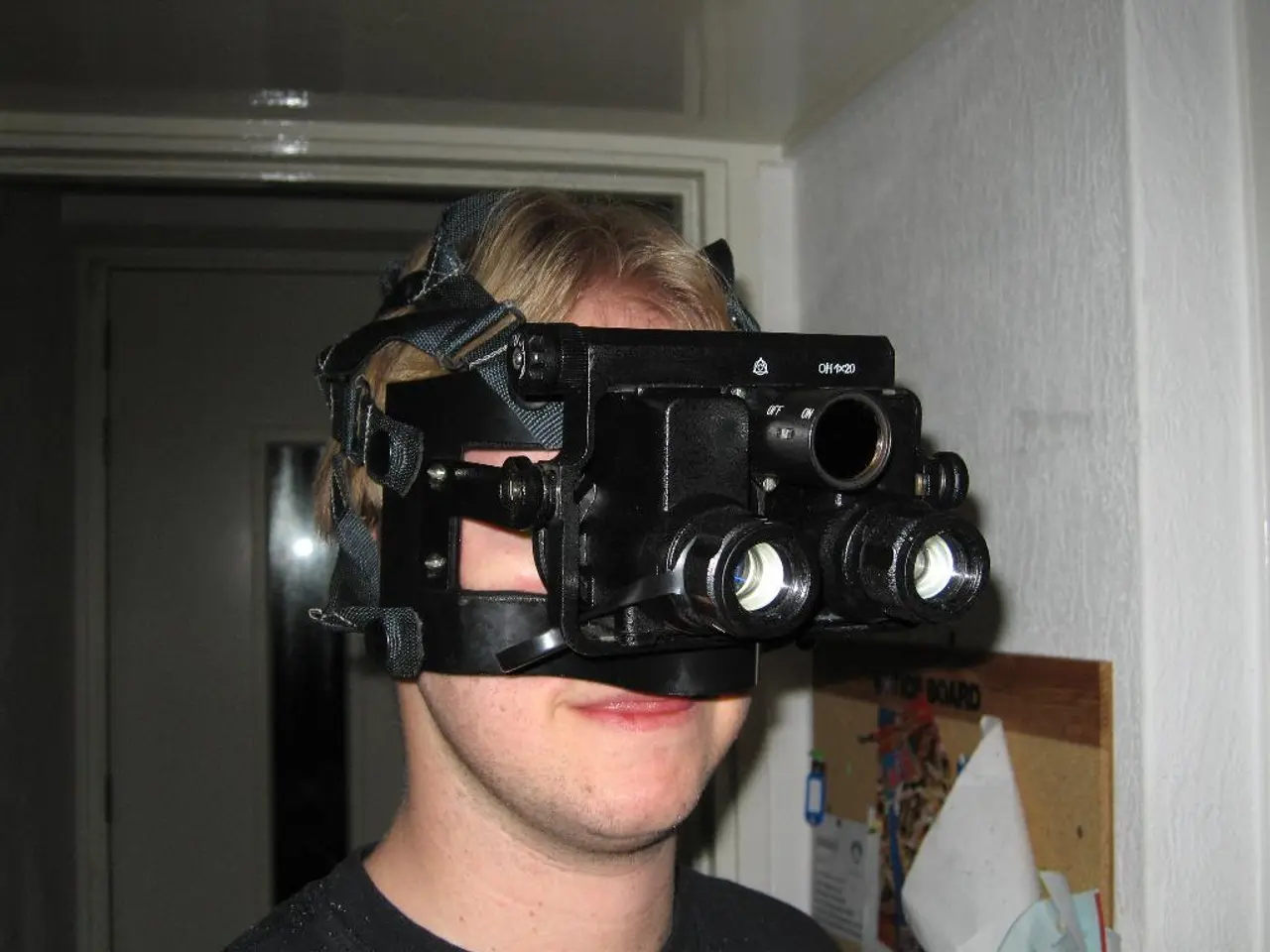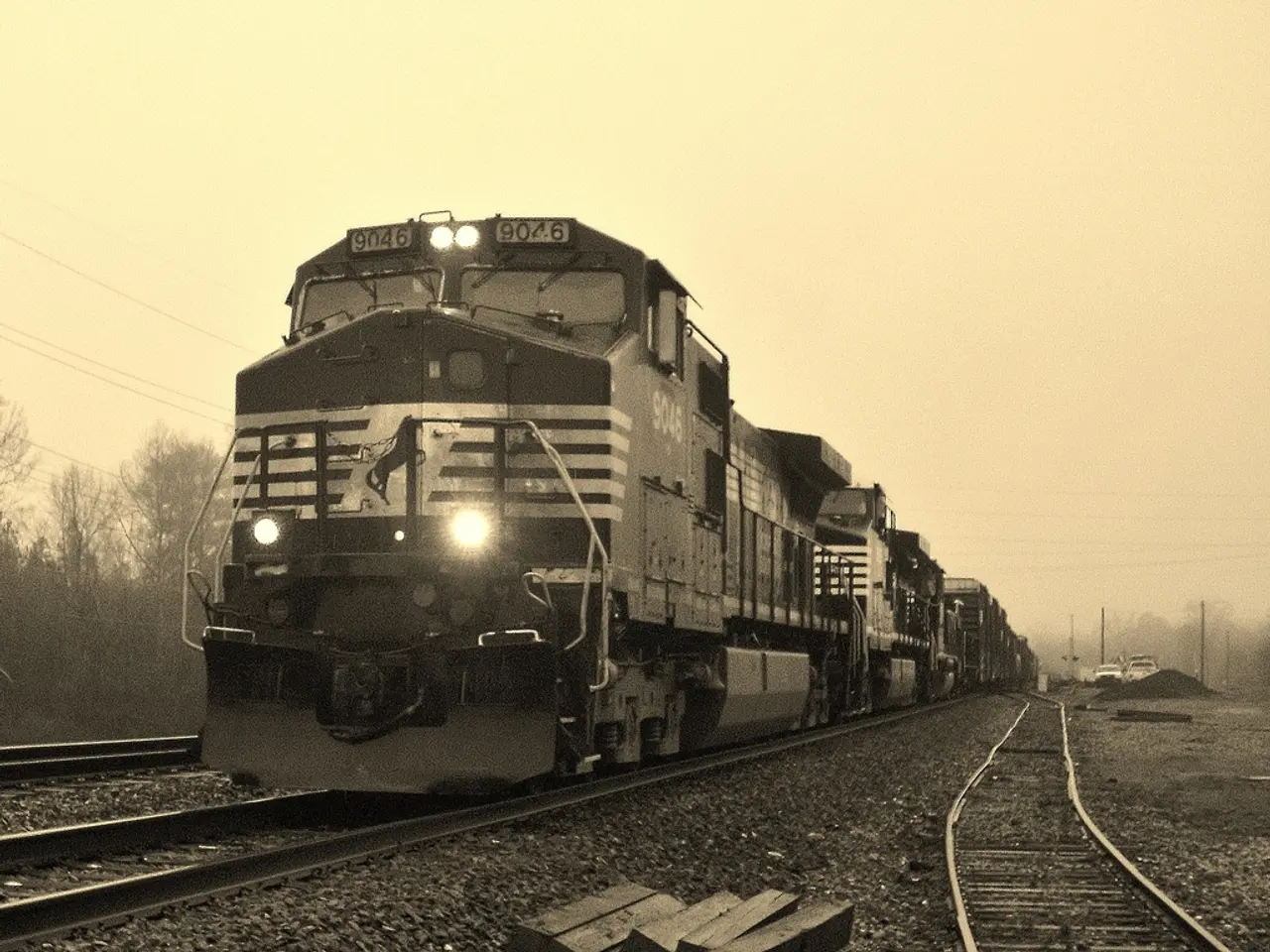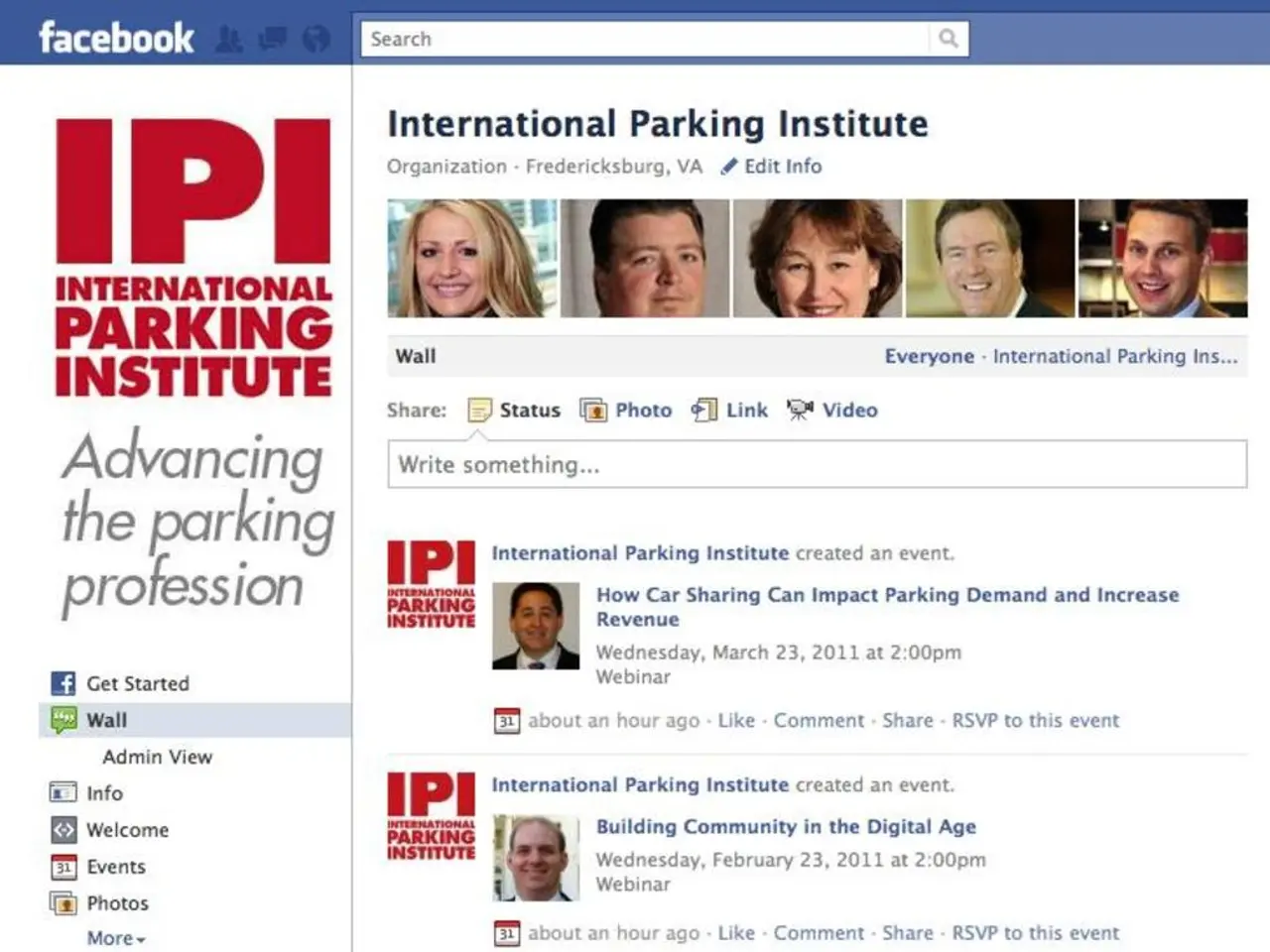Financial Institutions Detect Initial Indications of Economic Recovery - Financial revival: Initial indications point towards savings banks experiencing growth
Southwest Germany, home to 50 Sparkasse banks, is experiencing initial signs of an economic recovery, as reported by Sparkasse President Matthias Neth. The banks, which serve more than five million private and corporate customers throughout the state, have approved loans totaling around 7.1 billion euros for businesses and self-employed individuals in the first half of the year, marking an 11.2 percent increase compared to the same period in 2024.
However, the broader German economy is expected to stagnate or grow very minimally in 2025, with the Bundesbank projecting essentially zero growth this year and only slight improvements in industrial output and exports. The customs dispute between the USA and EU poses a direct short-term risk to German exports, particularly for regions with a high industrial and export share, such as Baden-Württemberg. The US plans to increase tariffs on EU imports from a baseline 10% to 30% starting August 2025 if no resolution is reached, which threatens to dampen industrial production and export growth further.
Despite these challenges, Germany is executing a major industrial investment surge amounting to €733 billion from 2025 to 2029, targeting infrastructure modernization, digitalization, and green technologies. This strategic plan supports optimism about recovery and growth prospects post-2025. The Bundesbank forecasts a modest recovery beginning in 2026, with GDP growth of 0.7%, rising to 1.2% in 2027.
The growing optimism of businesses is partially attributed to hope in the federal government and its additional spending on infrastructure and defense. The Sparkasse association also recorded growth in customer deposits and private residential construction loans, further indicators of an improving economic climate.
Sparkasse President Matthias Neth acknowledges that the change in sentiment does not solve all of the country's economic problems. He emphasizes that there is still a lot of room for improvement in the economy. The Sparkasse banks have around 1,700 branches throughout the state, providing a crucial network of support for businesses and individuals navigating the economic recovery.
In conclusion, while Baden-Württemberg’s industrial and export sectors face short-term headwinds due to the EU-USA customs dispute and weak demand, medium-term prospects appear better supported by substantial investment plans and expected tariff resolution, with growth recovery anticipated starting in 2026 and gaining momentum into 2027.
The Sparkasse banks, in their commitment to the community, have implemented an employment policy that has been instrumental in approving loans for businesses and self-employed individuals, contributing to the economic recovery in Southwest Germany. The Sparkasse Association's finance practices, aligned with their employment policies, have also led to growth in customer deposits and private residential construction loans, reflecting an improving economic climate.
Given the strategic investment surge of €733 billion in Germany from 2025 to 2029, focusing on infrastructure modernization, digitalization, and green technologies, businesses are optimistic about the recovery and growth prospects post-2025. This investment plan, in conjunction with the expected resolution of tariff issues between the USA and EU, could potentially foster a more robust economic environment for businesses in Baden-Württemberg and beyond.




